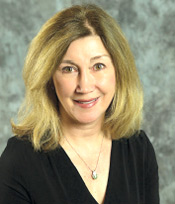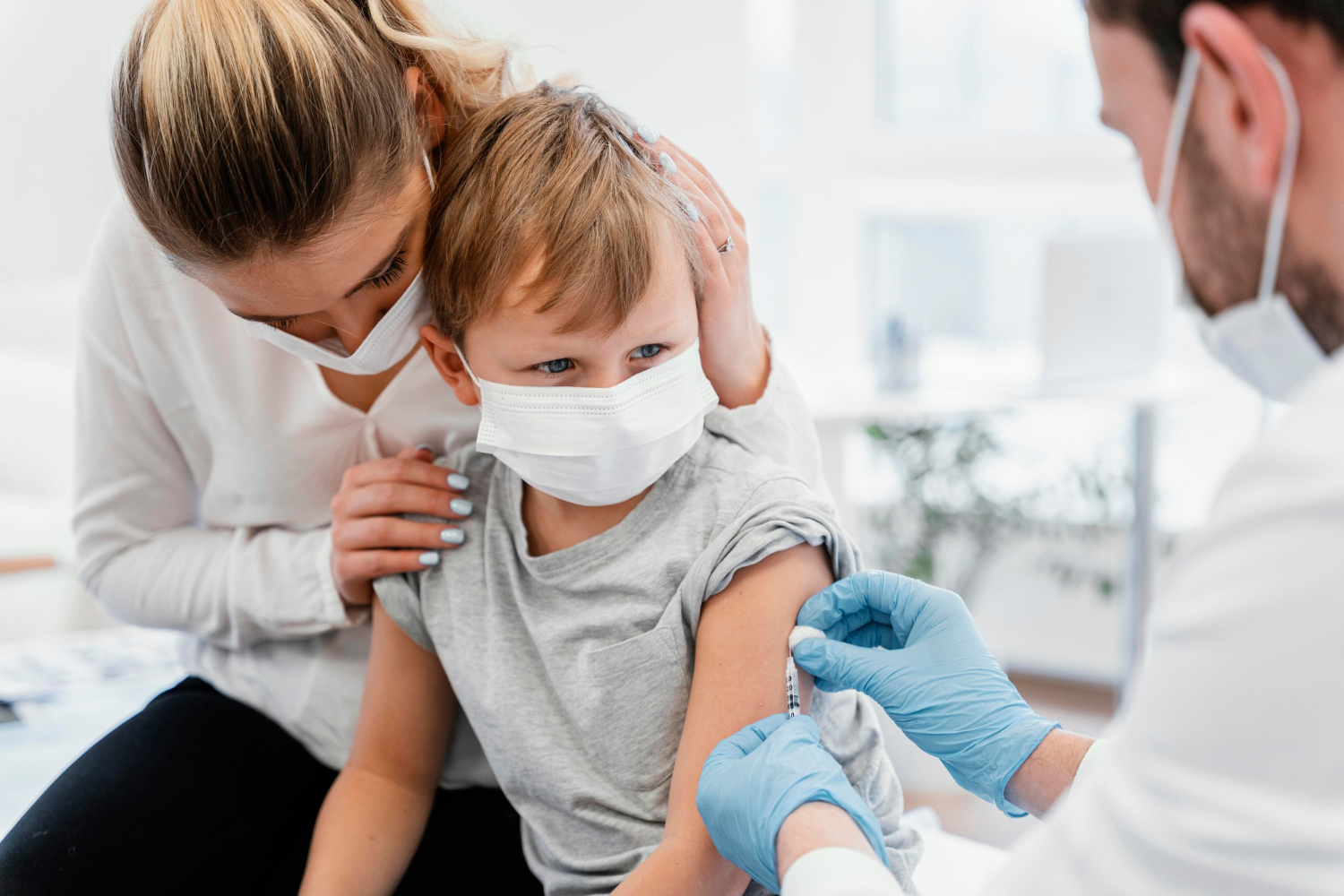GUELPH – The Wellington-Dufferin-Guelph Public Health (WDGPH) board heard a lot about COVID-19 at its Dec. 1 meeting: vaccines for children aged five to 11, booster vaccines, and the new Omicron variant that’s throwing a monkey wrench into plans.
Dr. Nicola Mercer, medical officer of health, told the board that since the vaccine was approved in Canada for younger children on Nov. 19 and started to be administered in this region on Nov. 25, about 26 per cent of the 23,500 eligible children in this region have already received their first shot.
Public health has three vaccination sites for children – in Stone Road Mall in Guelph, at the Centre Wellington Community Sportsplex in Fergus, and the Alder Street Recreation Centre in Orangeville.
There will also be pop-up clinics, mobile clinics, specialty clinics, and clinics at some schools, and there are 20 pharmacies that can give the paediatric dose.
But most of the vaccines will be given by family doctors and to date, 68% have been administered that way.
Appointments can be booked through family doctors or through the public health at wdgpublichealth.ca or 1-800-265-7293 ext. 7006.
Mercer said there’s information about the vaccine on the website and Toronto’s Hospital for Sick Children has great information on its website as well.

DR. NICOLA MERCER
But generally, Mercer said the vaccine for kids lowers the risk of illness, lowers the risk of complications like long COVID, lowers the risk of spread to family and friends, and helps ensure schools remain open and children can enjoy social activities once again.
“The benefits of the vaccine far outweigh the risks,” she said.
The paediatric version is quite similar to the adult MRNA vaccine, only one-third of the dose. Children can get their second shot eight weeks after the first.
Mercer said WDGPH officials would like to reach 90 per cent vaccinated in every age group, but have set a more realistic target of 70% to start.
Minto Mayor George Bridge, who is also chair of the board of health, noted how often public health has had to pivot operations over the past year.
“A year ago, we were worried about how many vaccines we would get and when we would get them,” Bridge said.
“Now if children want it, they can get it before Christmas. And what a great Christmas gift.”
Booster shots
Mercer said it’s unlikely that everyone will need a booster shot, but older adults tend to have weaker immune systems and don’t hold immunity from vaccinations as long as younger people.
So booster shots for those over 70, Indigenous people and health care workers are underway and Mercer said public health is preparing for boosters for those over 50.
Health Canada announced on Dec. 2 that boosters are available for that age group starting Dec. 13.
A third dose of the vaccine can be administered 168 days, or five and a half months, after the second.
The need for a booster is not as great as getting the first and second dose, Mercer said, but it will extend protection from the Delta variant and perhaps the new Omicron variant as well.
Dr. Matthew Tenenbaum, associate medical officer of health, said it will take 97% of the population to be vaccinated in order to reach herd immunity.

DR. MATTHEW TENENBAUM
He shared graphs that clearly show how COVID-19 cases and deaths decreased as the vaccine was rolled out.
Seniors, hard hit in the first wave in early 2020 and the second wave that fall, saw fewer cases and fewer deaths by the third wave in the spring of 2021 as most had been vaccinated.
The graph shows the most severe cases by the third wave had shifted to younger age groups that hadn’t yet been vaccinated. And as they became eligible and were vaccinated, cases among these age groups dropped.
He said public health protection measures – wearing masks, physical distancing, avoiding crowds and frequent hand washing – reduce transmission by 15% and those measures will need to remain in place, especially with the arrival of the Omicron variant.
Tenenbaum called Omicron “the wild card” and Mercer agreed.
“We don’t know enough about the new variant yet,” she said.
“But there’s no reason to think the vaccines don’t provide some protection against it. We still recommend getting the vaccine.”
Mercer noted it’s imperative vaccines get to developing countries. This is where the disease is taking its greatest toll and where the virus is able to mutate.
“There are places in the world unable to get the vaccine. This is where the variants begin,” she said.
“We have to get the world vaccinated. That is when we can get rid of these masks.”




